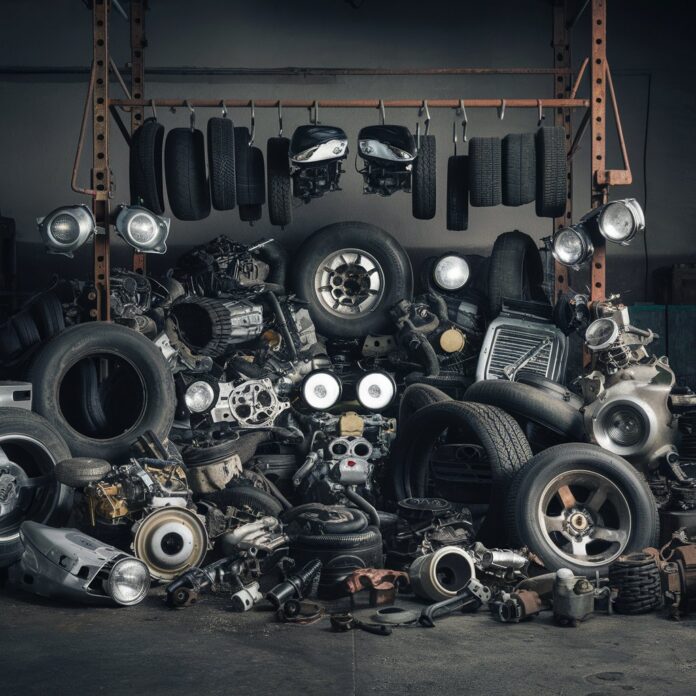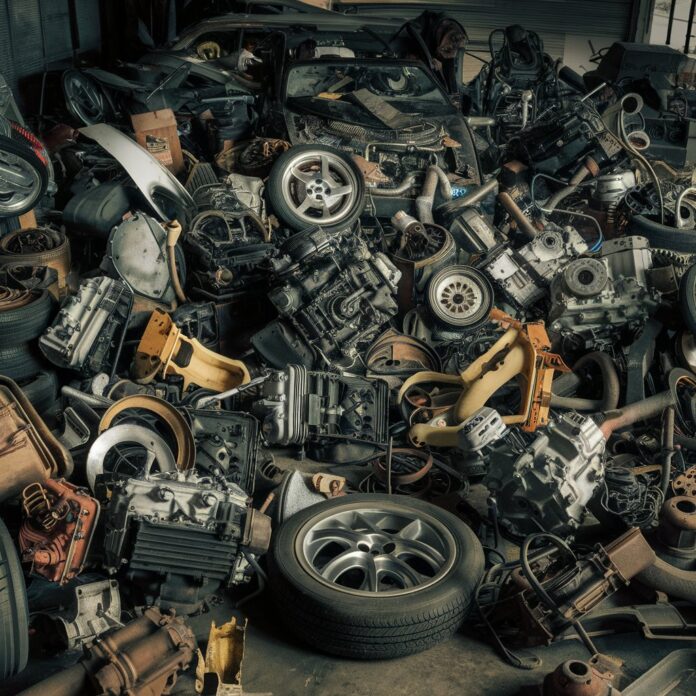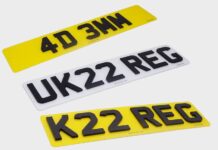When it comes to maintaining or restoring a vehicle, finding reliable used auto parts can be a game-changer, especially for those on a budget or dealing with older or rare models.
Sourcing them isn’t just about saving money; it’s also about sustainability and giving new life to components that are still functional.
However, navigating the market for used auto parts can be tricky. It involves knowing where to look, how to verify the quality and compatibility of parts, and understanding the risks involved. One of the easiest solutions is to just look for wreckers near me online.
This ultimate cheat sheet aims to guide you through the process, ensuring that you make informed decisions and find components that are not only cost-effective but also reliable and suitable for your auto needs.
Identify Your Needs
Before diving into the hunt for used auto parts, clearly identify what you need. This involves more than knowing the name; it includes understanding the specific role it plays in your vehicle’s functionality.
The precision prevents mismatches and ensures that the parts you seek will perfectly fit and function within your vehicle.
Verify Compatibility
Once you know the exact unit you need, the next step is to ensure that the part is compatible with your vehicle. This is crucial because components vary between models, model years, and sometimes even between the same model from different years. Use your vehicle’s identification number (VIN) to access detailed information about the specifications of your vehicle. Additionally, consulting with auto repair manuals and manufacturer databases can provide guidance on which parts are interchangeable.
Check for Warranties
When purchasing used auto parts, it’s important to inquire about warranties. Even though used parts are less expensive, they still represent a significant investment. A warranty can protect you if the part fails shortly after installation. Ask the seller about the length of the warranty period and what it covers. Some parts may come with a limited warranty, while others might offer a full replacement within a certain timeframe. Knowing this information beforehand can save you from future expenses and hassle.
Learn to Spot Signs of Wear
Being able to identify signs of excessive wear and damage is essential when shopping for used auto parts. Look for any signs of rust, cracks, or unusual wear patterns, which could indicate that it may not last long or perform optimally.
Understand the normal wear for different types; for example, brake rotors should be flat and smooth without deep grooves or rough spots. Educating yourself on these indicators can help you avoid buying those that are nearing the end of their useful life.
Utilize VIN Information
The Vehicle Identification Number (VIN) is a powerful tool in acquiring the correct used parts for your vehicle. This number provides specific information about your car, including the year, make, model, engine size, and more. By providing the VIN to auto sellers, you ensure that the components they suggest are appropriate for your vehicle. This is particularly important for components that are prone to variation, such as transmissions and engines, where the installation of an incompatible unit can lead to significant mechanical problems.
Explore Online Marketplaces
Online platforms can be treasure troves for finding used auto parts. Websites like eBay, Craigslist, and specialized auto parts marketplaces offer a wide range of options. These sites allow you to search by serial number or vehicle make and model, ensuring you find the most suitable parts. Additionally, online reviews and seller ratings can help you assess the reliability and trustworthiness of the seller. Always ensure secure payment methods and consider the shipping costs when calculating the total expense of acquiring used parts online.
Visit Local Salvage Yards
Salvage yards can be excellent sources for used auto parts, particularly for older or less common models. Visiting these places allows you to inspect products firsthand, ensuring their condition before purchase. Many yards also maintain an inventory system, so you can call ahead to check if they have the specific ones you need. When visiting, bring tools and perhaps an experienced mechanic to help remove them safely and evaluate their usability on the spot. Negotiating directly with salvage yard operators can also lead to better prices and insights into the life expectancy of the parts you are interested in.
Consider Refurbished Products
Refurbished are used components that have been cleaned, repaired, and tested to meet original manufacturing standards. While they may cost a bit more than standard used products, they often come with a warranty that provides additional peace of mind.
This option is particularly valuable for critical components like alternators, starters, and electronic modules. Purchasing refurbished can be a smart investment, offering a balance between cost and reliability that new parts offer but at a lower price point.
Ask About Return Policies
Before finalizing any purchase of used auto parts, inquire about the seller’s return policy. A flexible return policy can safeguard your investment, allowing you to return a part if it fails to meet your expectations or if it doesn’t fit your vehicle despite your research. Understanding the return policy is crucial, especially when purchasing from online sellers where physical inspection isn’t possible before buying. Knowing that you can return an incompatible or defective component without hassle is essential for a satisfactory transaction.
Network with Mechanics and Enthusiasts
Building relationships with mechanics and car enthusiasts can be incredibly beneficial when searching for reliable used auto parts. These individuals often have extensive networks and can direct you to trusted suppliers or alert you to available parts that haven’t been publicly listed. Additionally, their expertise can be invaluable in verifying the quality and suitability of parts. Networking can also lead to learning about upcoming swap meets, auctions, or local car clubs, which are excellent sources for finding rare components.
Conclusion
Navigating the market requires a mix of preparation, knowledge, and vigilance. By following these steps, you can significantly increase your chances of finding reliable used auto parts.













